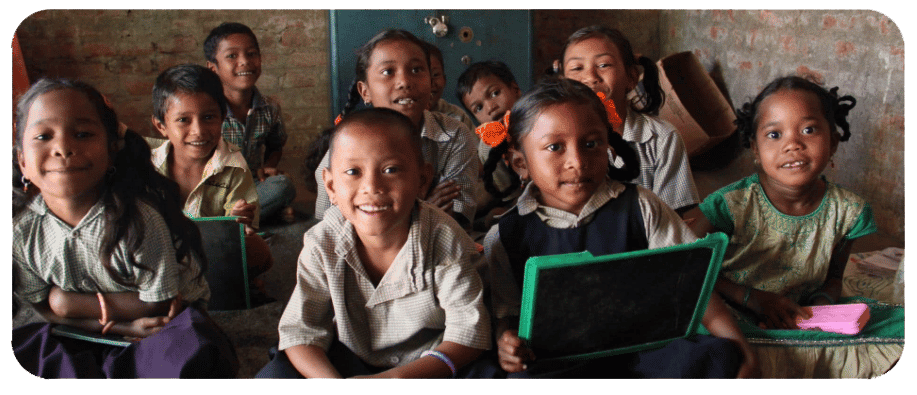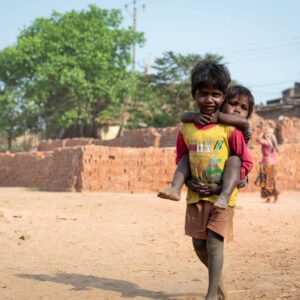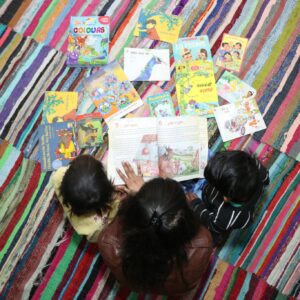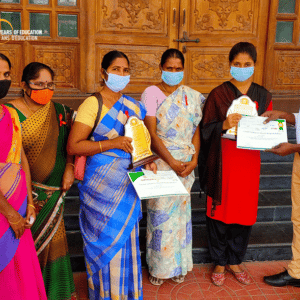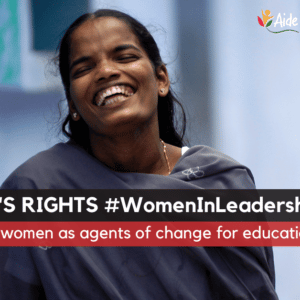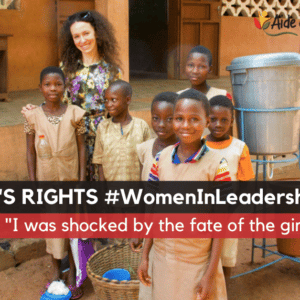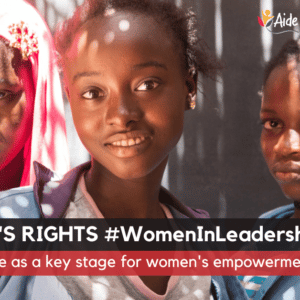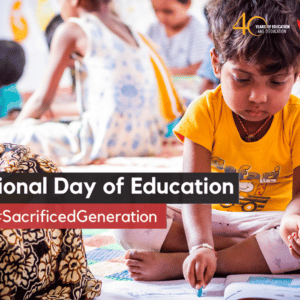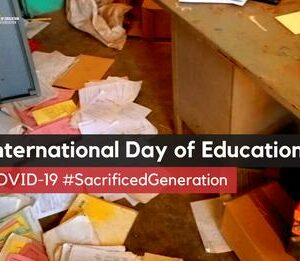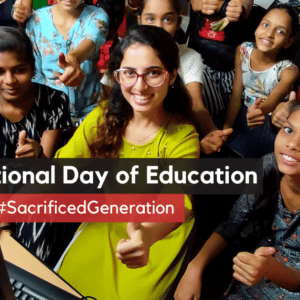Since the unanimous adoption of the Beijing Declaration and Platform for Action for the Empowerment of Women in 1995, significant progress has been made for the rights of girls and women around the world. The fact remains that today the multiplication of crises and conflicts threatens to nullify the advances and condemn future generations to obscurity and silence. This is due to the lack of funding and attention paid to girls’ education, the only guarantee of true gender equality.
It is difficult this year to celebrate International Day of the Girl (October 11) without thinking of the tragic and violent fate that millions of young girls are currently experiencing in Afghanistan. They, who, overnight, lost their most fundamental and essential rights; they, who, in an instant, lost their right to be free, educated and enlightened citizens; they, who, were once more cast into obscurity. Afghanistan, one of the poorest countries in the world, had made significant progress in recent years: the right to education for all, girls and boys, was enshrined in the Afghan constitution with close to nine years of compulsory education. In less than 20 years, nearly 2.5 million girls had been enrolled in primary school and the literacy rate for women had doubled from 17% to 30% between 2001 and 2018. There is less two more years, 4 in 10 students were women, compared to 0 in 10 twenty years earlier[1]. Yes but here it is, the arrival of the Taliban to power now risks nullifying all the progress made, with the introduction of new laws and rules limiting the most basic rights of girls, increasing the risks of marriages and pregnancies precocious, physical and moral violence against women, young and old reduced to the state of object and absolute servitude.
A global issue: young girls deprived of their rights
While the situation in Afghanistan is extreme, it is not unique nor singular. Even in the absence of a crisis, the rights of young girls are often not respected.
The world has nearly 1.2 million “missing” female births each year. China and India account for between 90% and 95% (largely due to sex-selective abortion) of these, indicating clear preference and pre-selection in favor of boys[2] .
Globally, more than 130 million girls (primary + secondary) do not go to school and many of those who do attend school, do not receive a quality education leaving them without the skills or means to become independent[3]. About one in four girls aged 15-19 years old are neither employed nor in training compared to one in ten boys at the same age. Additionally, each year, 12 million underage girls are married. And more than 150 million are likely to be before their eighteenth birthday by 2030[4].
The impact of COVID-19
In times of crisis, political, economic or health, the rights of girls and women stand further setbacks. When financial resources dwindle, when tensions increase, girls are often the first to drop out of school and the first to help around the house. They are more likely to be forcibly married, very young, relegated to the home[5], to domestic chores, and abuse. The COVID-19 crisis was no exception and has largely highlighted the fragile situation of young girls, in many cases exacerbating it. School closures, social distancing and lockdown strategies have had limited access to distance learning programs as well as vital health and social services.
The economic impact of COVID-19 will result in many poor families not being able to afford to send their girls back to school. In 2020, an analysis by UNICEF revealed that in the East Asia and Pacific region, between 8.7 and 11.5 million additional girls were estimated to live in financially poor households as a result of the economic contraction following COVID-19.
While girls remain out of school, they are more likely to take unpaid domestic or caregiving roles. Save the Children’s research revealed that almost two thirds of girls (63%) experienced an increase in chores at home and more than half (52%) reported an increase in time spent caring for siblings or others since the pandemic began globally. Alarmingly, every fifth girl reported having too many chores to do to be able to learn.
As a result of the crisis, an estimate of close to 4 million girls have been or will be forcibly married in the coming months, and prolonged school closures could lead to an increase of nearly 65% of teenage pregnancies. The United Nations also fears an increase in the number of female genital mutilation by 2 million this year due to COVID-19[6].
The cause of underfunding of girls’ education
But if the situation of girls since 1995, the date of the unanimous adoption by more than 180 countries of the Beijing Declaration and Platform for Action for the Empowerment of Women[7]continues to remain so fragile, if the progress recorded can be undone so quickly, this is no coincidence. For several decades, the desire to achieve gender equality, to promote the empowerment of girls has certainly been proclaimed loud and clear, but it is clear that it has often been only fine words, devoid of concrete, sustainable actions and heavy financial investment. For a long time the education of young girls pulled the short straw of development aid, leaving millions of young girls deprived of any possibility of learning and training, of knowing their rights and of protecting them.
Education, a source of knowledge, rights and emancipation is a critical catalyst for equality between women and men and an essential golden thread towards the autonomy and freedom of all. A significant change seems to have started in 2021 with the holding of the Generation Equality Forum in France last July. It ended with an unprecedented commitment to the future of millions of young girls. A five-year global action plan worth 40 billion dollars to achieve gender equality by 2026. It remains to be hoped that the words will be followed by concrete and significant commitments, that this time another impetus will be given and that the daily lives of millions of young girls will be markedly and lastingly improved. For there would be nothing worse, 25 years after this forum, and 50 after the Beijing Declaration, to bitterly acknowledge another failure.
Aide et Action stands in solidarity with increasing access to education for marginalised girls and women on International Day of The Girl Child, and every day.
——
[1] The right to education: what’s at stake in Afghanistan? A 20-year review, UNESCO, 2021
[2] UNFPA, State of the Population, 2020
[3] UNICEF, A new era for girls, 2020
[4] Unicef, 2018
[5] In time of crisis, girls are 2.5 times more likely to be out of school than boys.
[6] United Nations, 2020
[7] https://www.un.org/womenwatch/daw/beijing/platform/declar.htm


